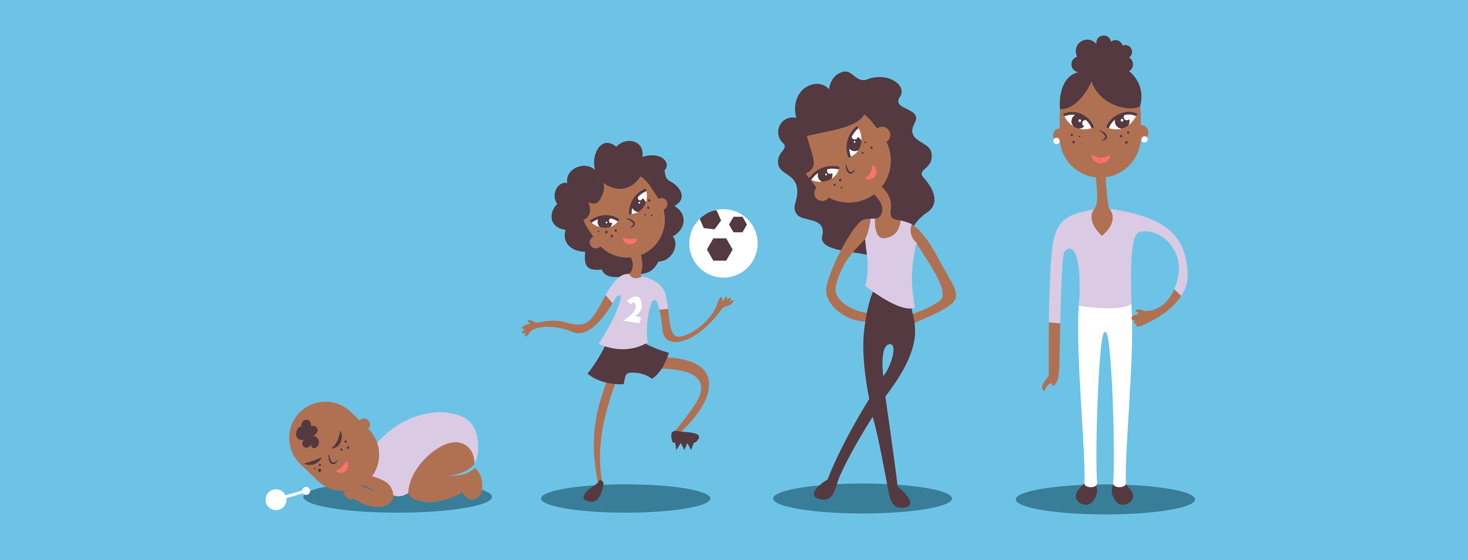Adjusting as an Adult with Atopic Dermatitis
My name is Shawntel Bethea and I am an adult who suffers from atopic dermatitis, otherwise known as atopic eczema. Like most, I was diagnosed as a child; also like most, my family was told, by physicians, I would likely grow out of it. They were only partially correct.
Trying this cream and that lotion
For years my family tried different creams and ointments prescribed by a dermatologist after dermatologist. It drove me insane! To this day creams, lotions and ointments still bother me. - I use them, but it’s difficult for me to get attached. I never liked the feeling of them and in spite of what doctors said; those particular creams never brought me any relief. Years into my diagnosis, it started to get easier. The older I got the more vocal I became about my treatment and what helped vs. what hurt. It wasn’t too long before I was completely taking on the care of my skin on my own. – This was not without help or struggle of course.
Managing flares as an adult
The atopic eczema on my legs did begin to fade as time passed and by the time I reached adulthood, it was completely gone. To the naked eye, you can’t tell I ever had it on my legs. My face and arms are another story. My face rarely ever flares but when it does it becomes very irritated and requires a lot of attention. Eventually, after a few facial washes (with the perfect lotion combo) the irritation and itching will dwindle away. My forearms are the most troublesome. Because I also have Ulcerative Colitis, I’ve found that my arms can flare at any given time. Flares are especially heinous when I don’t have my Colitis under control. My atopic eczema covers my forearms down to my wrist, it can make everyday things challenging, like wearing jewelry and especially washing dishes.
One benefit of being diagnosed at a young age is that I learned to adjust fast. My sister and I were assigned chores early in life so when it was my turn to do the dishes I learned to wash plate by plate or rinse individually, that way I didn’t have to stick my arms and/or wrists into the water. I learned to wear bracelets and watches only on special occasions to avoid unnecessary flaring. I even learned how to choose skin care products that cater to eczema and sensitive skin.
A special note
To the parents who have children diagnosed with atopic eczema- I know it can be scary. At times your child may experience pain or discomfort and if you’re like my family you may have that question lingering around in your head, “will this ever go away?” It may. Research suggests that 10-30% of infants continue to have relapses into adulthood. But that doesn’t mean your child will not live a happy and healthy life. Although my condition can still be as severe as it was the day I was diagnosed, I know more and I can properly care for myself. The more your child is educated on their condition, the more comfortable they will become.

Join the conversation